
A high-level panel at the just concluded Africa Oil Week (AOW) in Accra, themed ‘Leveraging Upstream Oil and Gas Development to Boost the Downstream Value Chain’, has reinforced the country’s ambitious strategy to position itself as the energy hub of West Africa.
Hence, efforts at intensifying value addition – particularly oil refining – to meet surging demand as the region’s population and industrial base expands was the key takeaway from the discussion.
Edmond Kombat, Managing Director-TOR, said the scale of demographic and economic transformation across the continent, particularly the West African region, requires urgent investment in refining and distribution capacity.
“In the next 25 years, West Africa’s population will nearly double and energy demand could grow tenfold. If we do not prepare today, we will be left behind,” he noted.
TOR, the only fully indigenous and state-owned refinery in the country, is on track to restart operations within weeks following turnaround maintenance on its crude distillation unit, he added.
This comes as West Africa’s population is projected to rise from around 450 million today to nearly 900 million by 2050 – a doubling that will power 24-hour economies in many countries, including Ghana.
Indeed, global forecasts by the International Energy Agency (IEA) suggest fossil fuels will continue to play a significant role with worldwide energy demand increasing by about 25 percent over the same period, even as renewables grow.
Kombat argues that crude oil will remain indispensable not only for fuel but also for the petrochemical industry, which underpins production of plastics, fertilisers and other industrial materials.
To achieve this, he said, TOR has launched reforms to eliminate inefficiencies such as product losses – including daily reconciliations, independent monitoring and a tender to digitise operations.
The refinery also plans to scale capacity through modular projects, which can be delivered faster than traditional builds, in partnership with international engineering firms.
Godwin Edudzi Tamakloe, chief executive officer-National Petroleum Authority (NPA), noted that pipeline connectivity to neighbours is essential – citing a proposed 230-kilometre link to Po in Burkina Faso as “doable and potentially transformative for Sahelian supply”.
Ghana’s strategic geography offers an additional advantage with TOR’s pipelines, depots and offshore mooring facilities providing access both to landlocked states such as Burkina Faso and Mali and coastal countries including Liberia, Sierra Leone and Senegal.
The post Editorial: TOR’s revival imperative with worldwide energy demand increasing appeared first on The Business & Financial Times.
Read Full Story
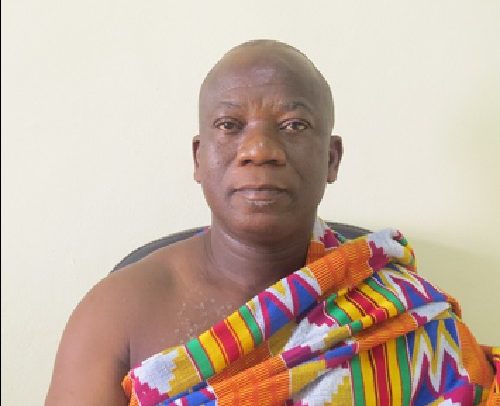
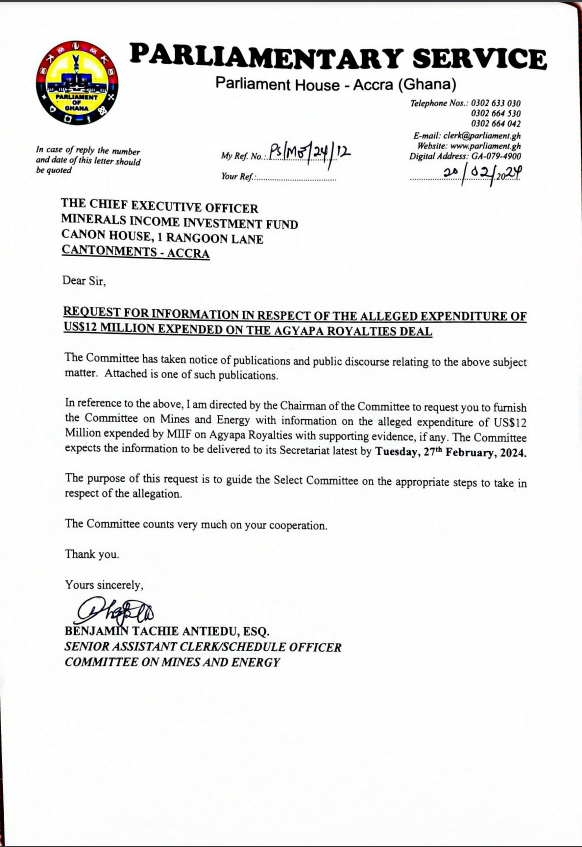
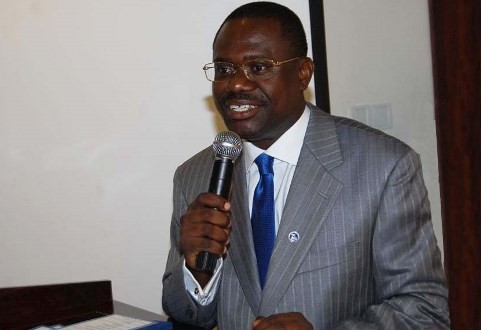

















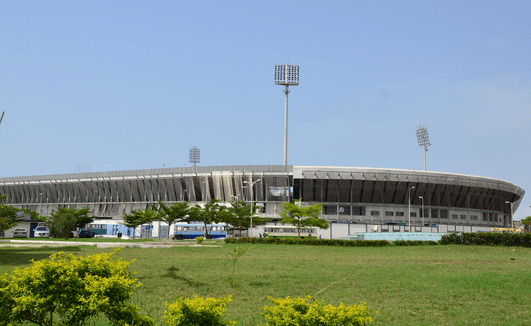

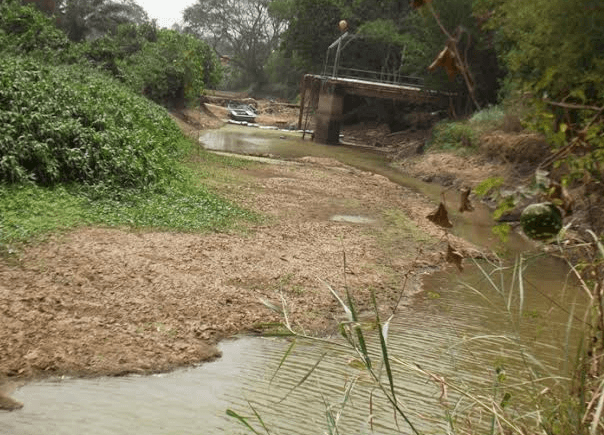


Facebook
Twitter
Pinterest
Instagram
Google+
YouTube
LinkedIn
RSS